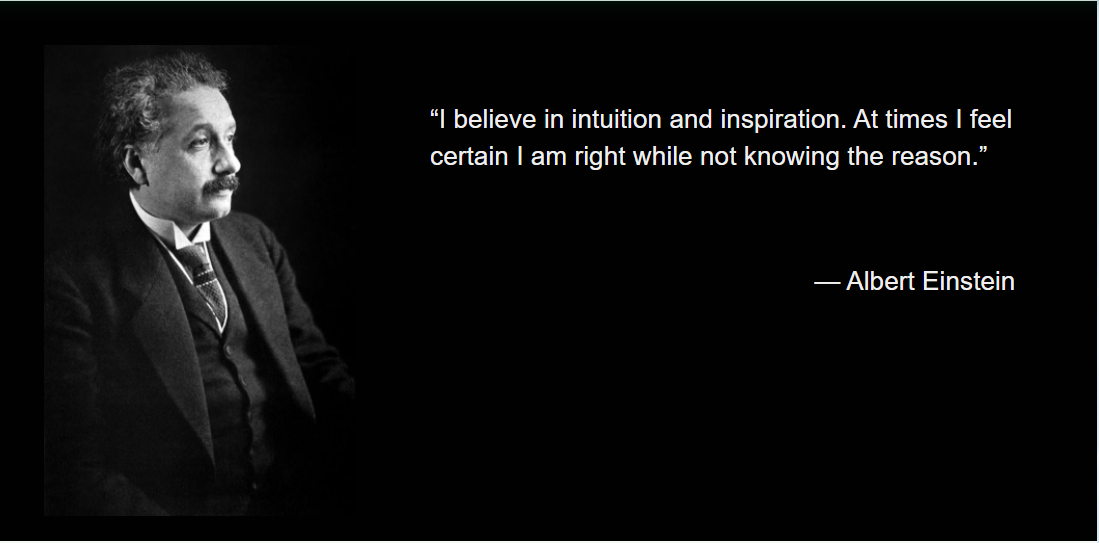Intuitive Toxicology
Intuitive can be defined as "using or based on what one feels to be true even without conscious reasoning." Humans have always been intuitive toxicologists via the use of the senses of sight, taste, and smell to try to detect harmful or unsafe food, water, and air.
Intuition and Professional Judgment in Toxicology
Even well-established scientific approaches used in human risk assessment depend on extrapolations and judgments when assessing human, animal and other toxicology data. This led to the study of intuitive toxicology—the intuitive elements of expert and public risk judgments involved with exposure assessment, toxicology, and risk assessment.
Intuition and Professional Judgment in Toxicology
Even well-established scientific approaches used in human risk assessment depend on extrapolations and judgments when assessing human, animal and other toxicology data. This led to the study of intuitive toxicology—the intuitive elements of expert and public risk judgments involved with exposure assessment, toxicology, and risk assessment.
Figure 1. Albert Einstein understood the importance of intuition along with knowledge and experience
(Image Source: Wikimedia Commons, Public Domain - original image)
(Image Source: Wikimedia Commons, Public Domain - original image)
Studies of Intuitive Toxicology
The studies of intuitive toxicology have surveyed toxicologists (for example, members of the Society of Toxicology) and others about a wide range of attitudes, beliefs, and perceptions regarding risks from chemicals. These have included basic concepts, assumptions, and interpretations related to the effects of chemical concentration, dose, and exposure on risk, and the value of animal studies for predicting the effects of chemicals on humans.
Two questions that have been studied repeatedly in intuitive toxicology are:
The studies of intuitive toxicology have surveyed toxicologists (for example, members of the Society of Toxicology) and others about a wide range of attitudes, beliefs, and perceptions regarding risks from chemicals. These have included basic concepts, assumptions, and interpretations related to the effects of chemical concentration, dose, and exposure on risk, and the value of animal studies for predicting the effects of chemicals on humans.
Two questions that have been studied repeatedly in intuitive toxicology are:
- Would you agree or disagree that the way an animal reacts to a chemical is a reliable predictor of how a human would react to it?
- If a scientific study produces evidence that a chemical causes cancer in animals, can we can then be reasonably sure that the chemical will cause cancer in humans?
Figure 2. Understanding and application of toxicology sometimes involves elements of expert judgment and intuition
(Image Source: Adapted from iStock Photos, ©)
(Image Source: Adapted from iStock Photos, ©)
Examples of Findings from Intuitive Toxicology
Examples of the findings from studies of intuitive toxicology in the United States, Canada, and the United Kingdom include:
Click on any of the links below to learn more about Intuitive Toxicology
Examples of the findings from studies of intuitive toxicology in the United States, Canada, and the United Kingdom include:
- The public is more likely than toxicologists to think chemicals pose greater risks.
- The public finds it difficult to understand the concept of dose–response relationships.
- Much disagreement between toxicologists about how to interpret various results.
- Technical judgments of toxicologists were also found to be associated with factors such as their type of employment (for example, academia, government, or industry), gender, and age.
Click on any of the links below to learn more about Intuitive Toxicology
- Perception of risk.
Slovic P.
Science. 1987 Apr 17;236(4799):280-5. - Risk perception: it's personal.
Brown VJ. Environ Health Perspect. 2014 Oct;122(10):A276-9. doi: 10.1289/ehp.122-A276 - Intuitive toxicology: expert and lay judgments of chemical risks. Neil N, Malmfors T, Slovic P. Toxicol Pathol. 1994 Mar-Apr;22(2):198-201.
- Judgments of chemical risks: comparisons among senior managers, toxicologists, and the public. Mertz CK, Slovic P, Purchase IF. Risk Anal. 1998 Aug;18(4):391-404.
Knowledge Check (Solutions on next page)
1) Intuitive toxicology studies show that:
a) All toxicologists think the same
b) Members of the public usually think like toxicologists
c) There can be meaningful differences among toxicologists in how they look at the same set of toxicology study results
d) Intuitive toxicology is not important to consider in communication efforts
2) Which of the following statements is correct?
a) The concept of dose-response relationships is easily understood by the public
b) The public and toxicologists tend to agree about the risks of chemicals
c) Technical judgments of toxicologists have been found to not be associated with factors such as their type of employment (for example, academia, government of industry, gender, and age)
d) Technical judgments of toxicologists have been found to be associated with factors such as their type of employment (for example, academia, government of industry, gender, and age)



